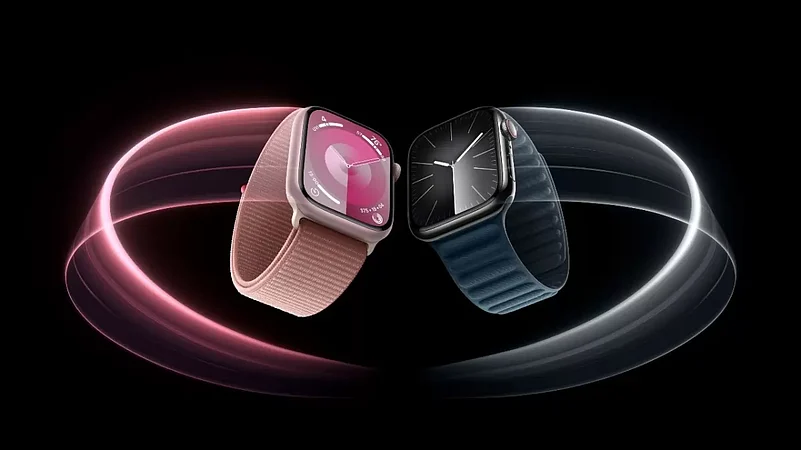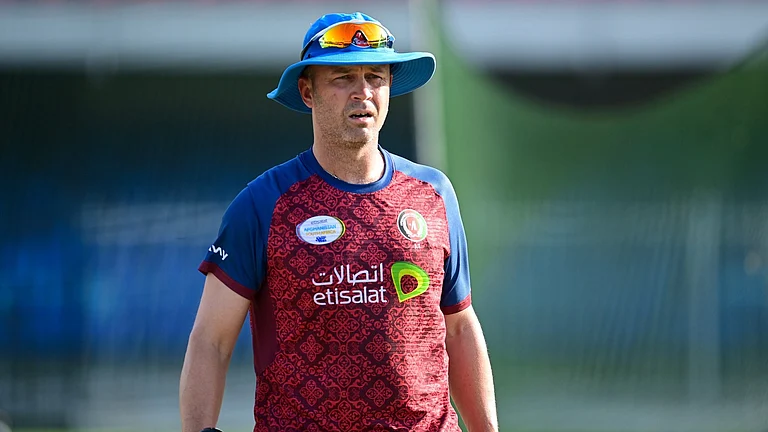The ban on the Apple Watch Series 9 and Ultra 2 by the International Trade Commission will be officially enforced starting from December 26th.
Apple removed both devices from its website on December 21st and from its physical store shelves after December 24th. The Office of US Trade Representative, Katherine Tai, released a statement through CNBC, indicating that the agency had given careful thought to the matter and ultimately decided not to overturn the International Trade Commission's determination.
Here is a look at what the ban means for consumers and what lies ahead for Apple.
Why was the ban imposed?
In October, the U.S. International Trade Commission issued an order to Apple, directing them to cease the importation and sale of Apple Watches in response to a complaint filed by the medical-monitoring technology company Masimo (MASI.O).
The ITC, a federal agency responsible for resolving international trade disputes, concluded that a feature on the Apple Watch designed for measuring blood-oxygen levels infringes upon Masimo's patents related to pulse oximetry.
The administration under President Joe Biden had a 60-day window, concluding on December 25th, to potentially veto the order on grounds of public policy concerns but decided against doing so.
How are U.S. Apple Watch sales affected?
Apple, headquartered in Cupertino, California, made an announcement on December 18th that it would proactively halt the U.S. sales of its most recent high-end Series 9 and Ultra 2 models prior to the Christmas Day deadline. It's important to note that the ITC's order does not impact the lower-priced Apple Watch SE, as it lacks pulse-oximetry capabilities, and this model continues to be available for purchase directly from Apple.
The ITC's ruling specifies that it pertains solely to Apple Watches equipped with the specific light-based pulse oximetry capability under scrutiny. However, it doesn't explicitly identify which models with this technology are impacted. Apple initially introduced pulse oximetry in its Series 6 watches, and Masimo has contended that all Apple Watches featuring this technology are in violation of its patents.
Apple also indicated that it would stop replacing out-of-warranty watches, extending back to Series 6, in response to the ban.
The ban is explicitly directed at Apple and its "affiliated companies, parents, subsidiaries, or other related business entities." It may not have an impact on other retailers selling Apple Watches.
As of December 26th, Series 9 Apple Watches were still accessible for purchase from sellers such as Amazon, Best Buy, and Walmart.
What are the accusations against Apple?
Masimo, a company that launched a watch last year capable of reading blood-oxygen levels and monitoring various health metrics, alleged that Apple recruited its employees and misappropriated its technology following discussions about a potential partnership. A jury trial concerning Masimo's claims in a California federal court resulted in a mistrial in May, and a new trial date has not been scheduled yet.
Apple has characterized the legal actions taken by Masimo, based in Irvine, California, as a strategy to eliminate obstacles for its competing smartwatch. In response, Apple has filed a countersuit against Masimo, alleging patent infringement in a Delaware federal court.
What are Apple's options now?
It is anticipated that Apple will lodge an appeal against the ban with the U.S. Court of Appeals for the Federal Circuit in Washington. On December 20th, the ITC declined Apple's request to temporarily halt the ban while the appeal process is underway.
Apple is said to be actively developing software modifications that would allow its watches to function without infringing upon Masimo's patents. If these changes are approved by U.S. Customs and Border Protection, Apple may be able to resume the importation and sale of the watches.
Masimo has asserted that its patents pertain to hardware and, as such, a software solution would not resolve the issue.
Additionally, Masimo CEO Joe Kiani has expressed a willingness to reach a settlement in the dispute.



























